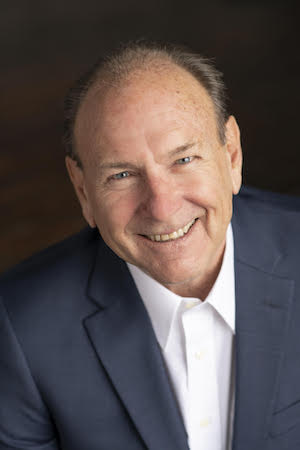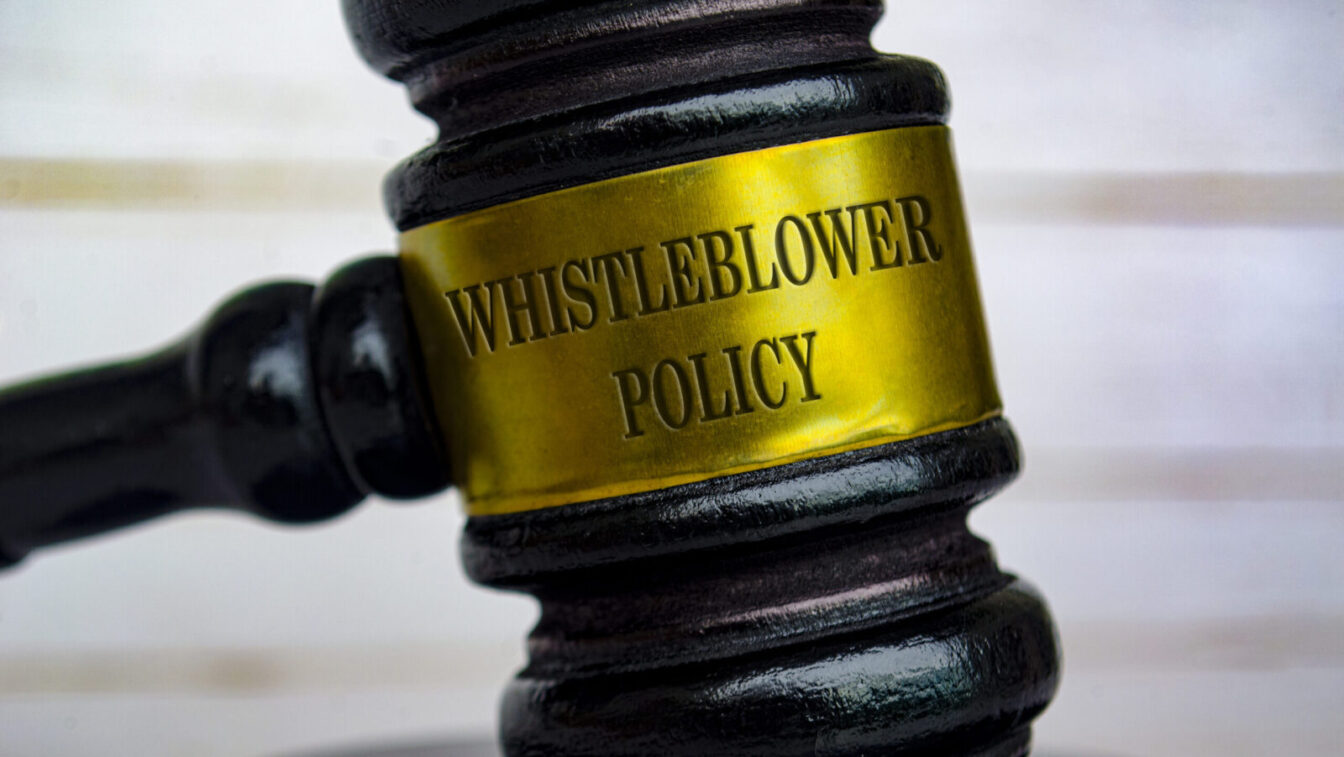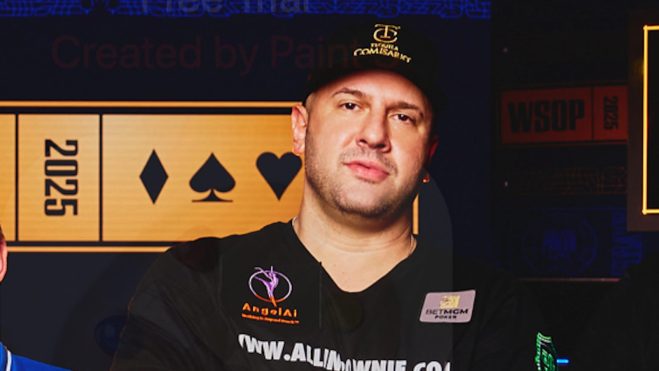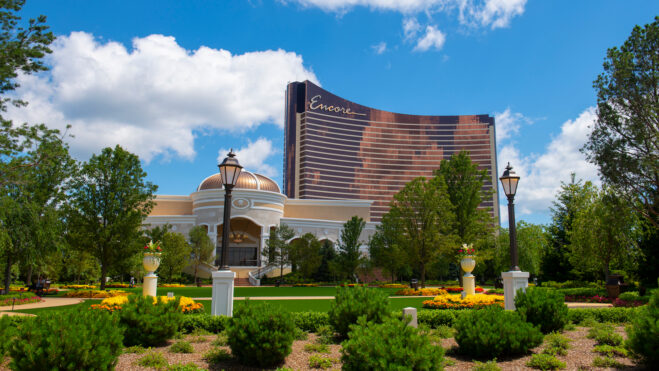Schuetz: The Importance Of Thorough Background Checks As A Gaming Regulatory Tool
It’s a topic gaining new relevance as forms of gambling without state regulation take root
8 min
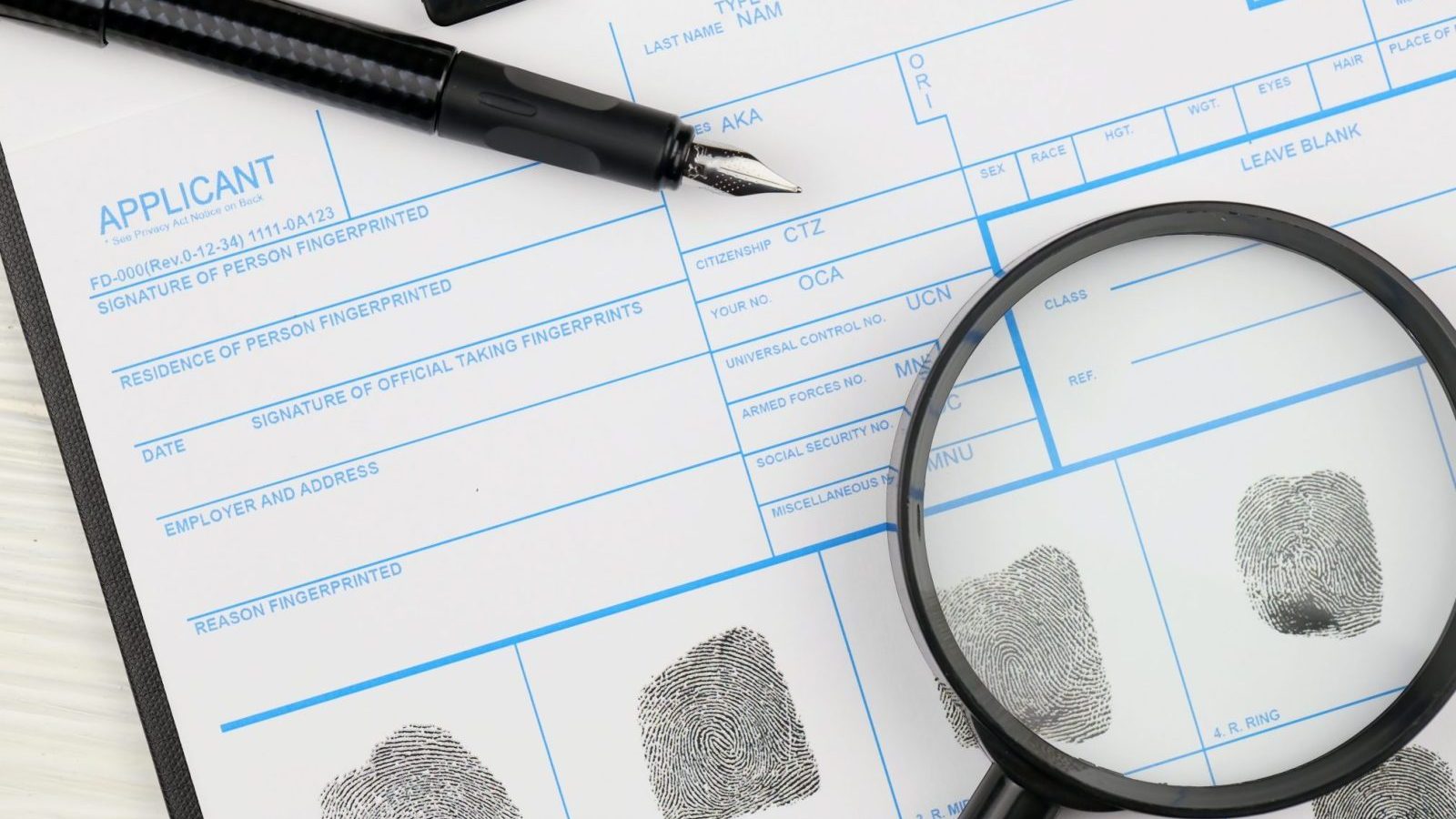
“One bad apple can spoil the whole bunch.”
— Common English proverb
There has been considerable discussion lately about whether certain forms of wagering on outcomes should be regulated, and if so, how. I thought it would be a good opportunity to discuss how casino gambling came to be regulated. Surprisingly enough, there were reasons behind it.
When I took my first job in a casino in 1971, Nevada was the only state that had casino gambling. Since then, the growth in gaming and its variety of forms has been remarkable, with it becoming somewhat crazy over the last several years.
My early involvement with gaming regulation required obtaining a Police Card to take my first casino job with Harrah’s in Reno, Nevada. This was done to ensure I was not, or had not been, a criminal. This involved visiting the police department, where I had my fingerprints taken (back in the days of ink), and giving them a bit of background information.
In the late 1970s, I embarked on a significant effort to study the evolution of Nevada’s gaming regulation. I invested the better part of two years researching this developmental path, focusing on the history from 1945 to 1966, as part of a study I undertook while in graduate school at the University of Utah.
In this project, I received enormous assistance from many individuals within Nevada who had participated in the development of the Nevada regulatory model, as well as being given access to a treasure trove of documents.
This included an extensive collection of standard research documents, as well as transcripts of wiretaps conducted by the FBI on specific conversations between individuals within Nevada involved in the developing industry. This even included a transcript made by taping a conversation that took place in a casino executive’s bedroom. If nothing else, I learned that the head of the FBI, J. Edgar Hoover, was something of a curious dude. I also do not believe that he considered the U.S. Constitution and its interpretations as too constraining.
The feds also had a secret undercover operation within the Las Vegas area, and the Nevada Gaming Control Board (NGCB) ensured that this location had its trash picked up by, well, members of the NGCB. They borrowed a trash truck and some uniforms and would swing by the undercover operation to collect the trash. One should note that during this time, it was possible to read the content of typewriter ribbons used in document production. Carbon paper used in making copies was also readable. This was long before shredding had become a thing. In other words, the NGCB was spying on the feds, who were spying on the casino folks.
It was even the case that the feds had installed a mole in the NGCB, which the leadership of the NGCB sensed existed. This meant that the board excluded some files and information from the NGCB official filing system, so that the mole would not have access to them, and replaced them with contrived documents that the mole could access. This kept the feds somewhat confused about what was happening in Nevada casinos.
A half-century of experience
Since that time, I have worked in various gambling markets, including serving as the CEO of a Las Vegas casino company, and I have submitted over 120 gaming license applications worldwide (to date, without any issues). I have also worked as a regulator for two different jurisdictions and served as a consultant on gaming for numerous jurisdictions.
It should also be noted that I only took one casino into bankruptcy. Some have done much worse.
What I learned from the 50-plus years of experience is that regulation came about for good reasons, and one of the most important reasons was to protect the industry from itself. In short, for a time, Nevada recognized that the best way to ensure a viable and sustainable industry was to establish a sound regulatory framework. I sometimes worry that Nevada has forgotten that point, and many in the modern gaming world neither respect nor understand it.
For this essay, I do not intend to address the entire range of regulatory challenges and issues as they have developed, but rather focus on the background checks of individuals involved with and within the casinos. This was one of the first areas addressed in Nevada’s early gaming regulatory model and it has done nothing other than to grow. I believe that my last application was 66 pages long.
Allow me to explain how this came about.
The early casinos in Las Vegas were known to have some experienced individuals running their gambling operations. Many of these people had gained their expertise by managing casino operations in places like New York, Cleveland, Chicago, Miami, and other cities across the U.S. This reality meant that they were dirty, so to speak, for they had been involved with an illegal business, evading taxes, bribing government officials (including the police), and stuff like that to survive in the illicit markets. Some folks liked to suggest they were organized criminals, also known as gangsters or mobsters.
The irony of this is that people who had no experience running casinos were generally terrible at it. It was a business that required experienced hands to oversee operations; otherwise, the inventory, which was money, tended to disappear. The other irony is that it was difficult to be critical of those individuals who learned the business in illegal markets, doing something they knew well in a state where it was now perfectly legal.
Mob mentality
This issue became a public relations problem for the state of Nevada. Certain national politicians would grandstand by holding congressional hearings in an attempt to polish their bona fides as crime fighters, thereby advancing their political careers, and making much of the rather notorious crews that were running some casinos in Las Vegas. There was also the issue of cars being blown up in Las Vegas and beyond, and an occasional soul affiliated with the casinos being shot or disappearing. You know, the kind of things that mobsters do.
It was also the case, especially among those journalistic outlets that embraced sensational journalism, to make much ado about someone’s car being blown apart while they were in it, or being shot, who had a real or perceived association with Las Vegas casinos. When these stories were blasted across the national press, Nevada often worried that all of this might result in the federal government being tempted to kill the goose that was laying the golden eggs. Remember, at that time, Nevada was the only state with casinos.
Well, both the myth and the reality of inappropriate people being affiliated with Nevada casinos were bringing too much heat on the state, and there was fear that this heat would materialize in a national prohibition. Hence, Nevada had to build a moat to protect the industry, and this moat was initially the background check. In other words, if a person was going to be involved in the business, they had to undergo a background check, which was intended to eliminate individuals lacking character, honesty, and integrity from being involved in the industry.
This model suggested that by examining a person’s background, one could predict their future behavior, based on the assumption that if someone has been clean in the past, they will most likely remain clean in the future. Conversely, if they were dirty in the past, this behavior is more likely to occur in the future.
The background check served many purposes. By evaluating past business experiences, the regulators could gain a level of comfort that the applicant would not become involved in laundering funds, fraud, or theft. It would also be beneficial to create an image that the industry is under the control of sound businesspeople, free from bad habits and associations. All of this would work to enhance the reputation of the industry, which in turn would give confidence to consumers that the games were on the square.
The point being, by conducting a rigorous investigation of the individuals involved in the casino business, the industry’s reputation would improve, and consumers would feel more comfortable with the products offered. Oh, and the feds would lose any leverage they had to eliminate the industry.
I would also suggest that this effort was successful, as the spread of casinos across the U.S. beginning in the late 1970s would not have occurred without Nevada’s efforts to clean up the perceptions of casino gaming.
In the ‘market’ for mischief
I mention this because several gaming-like products are operating in the U.S. that operate without state gaming regulatory controls. This opens up a greater opportunity for mischief, and it is mischief that, if exposed, can be the death of the industry.
For instance, a prominent company in the federally regulated exchange and prediction markets space offers contracts on sports betting outcomes. It has engaged the services of Donald Trump, Jr. as a strategic advisor.
It is essential to understand that this individual has been involved in documented instances of inappropriate conduct in past business and charitable dealings.
For example, in 2024, Trump Jr. was fined $4 million for his role in a civil action brought on by the attorney general of New York. Don Jr. was found to have been a party to the misrepresentation of the value of Trump assets to bank officials, tax officials, and insurance companies. Aside from the fine, he was also prohibited from serving as an officer or director of any company in New York for a period of two years.
Trump Jr. was also found to have been involved in inappropriate conduct involving a charitable trust in another case involving the New York Attorney General’s Office. In this instance, Don Jr. was required to undergo training to prevent such abuse from occurring again. Again, this involved a charity.
My concern about the junior Trump being involved with a company in the exchange and prediction markets that believes it is immune from state gaming regulatory involvement has nothing to do with the politics of all of this.
It is to be found in the association of an individual with betting who has been found civilly liable for inappropriate behavior in business dealings and with a charity. This is the type of thing that can lead to betting being perceived as associated with individuals lacking character, honesty, and integrity. Once that door is opened, all kinds of negative consequences can follow.
In the late 1970s, I spent hundreds of hours consulting with the architects of the Nevada gaming regulatory model. I was always impressed by the incredible efforts these people made to create an industry that was no longer associated with bad actors and political deal-making, and they did this to make the industry sustainable. Moreover, these individuals set aside their political differences to work together in protecting the industry and the state.
I wonder if some of the people involved in the industry today share this long-term commitment to the industry’s sustainability, or if they are merely seeking a short-term payday. If the U.S. public begins to believe that the fix is in with respect to betting, the U.S. betting story may not have a happy ending.
—
Richard Schuetz entered the gaming industry working nights as a blackjack and dice dealer while attending college and has since served in many capacities within the industry, including operations, finance, and marketing. He has held senior executive positions up to and including CEO in jurisdictions across the United States, including the gaming markets of Las Vegas, Atlantic City, Reno/Tahoe, Laughlin, Minnesota, Mississippi, and Louisiana. In addition, he has consulted and taught around the globe and served as a member of the California Gambling Control Commission and executive director of the Bermuda Casino Gaming Commission. He also publishes extensively on gaming, gaming regulation, diversity, and gaming history. Schuetz is the CEO of American Bettors’ Voice, a non-profit organization dedicated to giving sports bettors a seat at the table.
